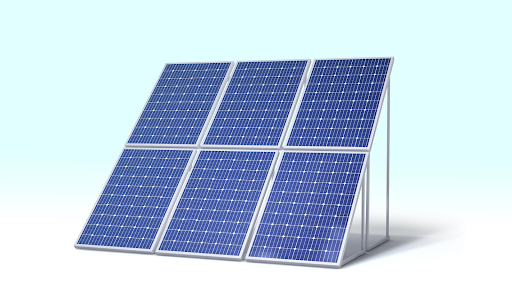
The Government of India has set a bold target of 500 GW of renewable energy capacity by 2030. To fast-track this vision, it has enhanced several solar subsidy programmes for 2025. For homeowners, it’s a chance to slash electricity bills; for businesses, a way to cut operational costs while going green. These schemes make your solar journey not just sustainable but also financially rewarding.
Explore our Solar EPC services—our experts at VEMC ensure you secure the best benefits from these government schemes while providing end-to-end solar solutions for optimum performance and savings.
Central Government Schemes: Powering Your Home
The flagship PM Surya Ghar: Muft Bijli Yojana (launched February 2024, ₹75,021 crore outlay) targets one crore households generating free electricity through rooftop solar panels, saving families ₹15,000–₹18,000 annually.
Central Financial Assistance (CFA):
- Up to 2 kW: ₹30,000 per kW
- 2–3 kW: ₹18,000 per kW
- Maximum subsidy: ₹78,000 for 3 kW+ systems
This scheme replaces the earlier MNRE Rooftop Solar Programme Phase-II.
State-Wise Incentives: Maharashtra Leads the Way
States add their own subsidies on top of central ones. Maharashtra offers an extra 25% subsidy for 1–10 kW residential systems under the Majhatma Jyotirao Phule Jan Awas Yojana (MJPMJAY), capped at ₹1 lakh. Combined with the central scheme, this can cover 30–60% of installation costs, with payback in 4–6 years.
Net Metering Policies: Selling Your Surplus Power
Net metering lets you consume your own solar power first, with excess fed back to the grid as credits. In Maharashtra, MSEDCL provides and installs the bi-directional meter at no cost, with agreements typically lasting 20 years.
Capital Subsidy: Direct Financial Relief
The Central Financial Assistance (CFA) acts as a direct capital subsidy, significantly lowering the initial investment. For residential rooftop solar, this can cover up to 40% of the benchmark cost. Once your system is commissioned and approved, the subsidy is directly transferred to your bank account, usually within 30 days. This direct and efficient disbursement mechanism makes solar energy financially accessible to more households.
How to Apply for These Schemes
The application process has been streamlined through the official National Portal for Rooftop Solar: https://pmsuryaghar.gov.in/. A dedicated mobile app, “PM – SURYA GHAR: MUFT BIJLI YOJANA,” is also available.
Here’s a simplified guide:
- Register – Choose your state/DISCOM and provide basic details.
- Apply – Submit the online form.
- Approval – Wait for DISCOM feasibility clearance.
- Install – Use empanelled vendors and MNRE-approved equipment.
- Net Metering & Inspection – DISCOM verifies the setup.
- Receive Subsidy – Funds are transferred directly to your account.
Eligibility and Documentation Needed
To be eligible for the PM Surya Ghar scheme, you must be an Indian citizen, own a house with a suitable roof, have a valid electricity connection in your name, and not have previously received a central government solar subsidy.
Commonly required documents include:
- Proof of Identity (e.g., Aadhaar Card, Voter ID)
- Proof of Address
- Latest Electricity Bill
- Roof Ownership Certificate/Proof
- Bank Account Details (for subsidy disbursement)
Your Solar Journey Starts Now
The Indian government’s robust support makes going solar more accessible and rewarding than ever. By leveraging these schemes, you can significantly reduce your electricity bills, contribute to a greener environment, and even increase your property value.
Get in Touch with our Team
Have questions or looking for consultation? As a leading solar EPC company in Mumbai, our team is here to help you with end-to-end solar services. Contact us today at +91 8976951701, +91 98199 07445 or 022 43117133. Alternatively, you can also email marketing@vemc.co.in.




